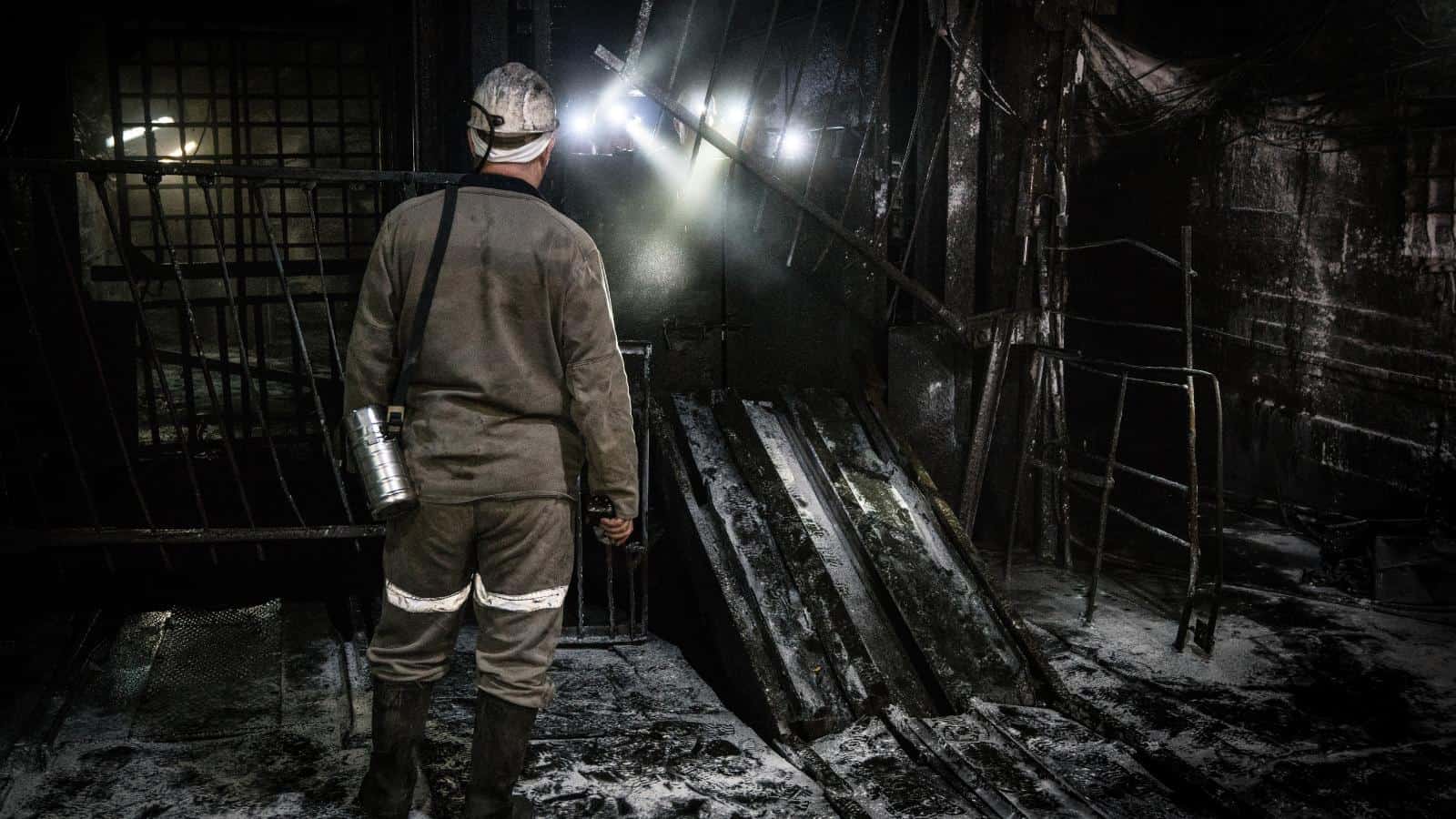With each passing generation, the roles people play in society have evolved, especially with the advancements in technology. Many jobs that were once common have disappeared, reflecting the hard work and dedication of those who held them. This article takes a look at various jobs our grandparents did, showcasing their remarkable work ethic and the ways they contributed to their communities.
Construction Laborers

Labor is still an everyday job in today’s society, but it used to look different. Back in our grandparents’ era, it was more physically demanding. It was also common for labor workers to be skilled in more than one trade, so they could complete several tasks at once.
Seamstresses and Tailors

The seamstress and tailor industries have benefited from the advancement of technology. In our grandparents’ era, they didn’t benefit from the sewing machines we have today. They would often work long hours to complete jobs by hand while ensuring the highest quality of work.
Teachers

Teaching and the education sector are constantly evolving for the best for our children. Back when our grandparents were teaching, they didn’t have the technology we benefited from. They also lacked support in classrooms from other peers and would have to adapt and tailor lessons for diverse learning needs.
Nurses

Nursing is a role that requires empathy and care. Our grandparents didn’t have as advanced resources as we do today, which made their roles tougher. They were often under a lot of pressure, especially during the war, where they would work under fire in field hospitals or on trains and ships.
Military Personnel

It is hard to comprehend what it was like to be in the military during the Second World War. The demand was not just physical on their bodies but also mental, and dealing with what they were seeing and going through each day was hard.
Postal Workers

It may not seem so, but the postal system has changed over the generations. In our grandparents’ era, they didn’t benefit from the sorting technology that is available today and instead would often sort mail by hand, which was a lengthy process. Postal workers also delivered mail by foot or bicycle, regardless of the weather conditions.
Fishermen

Being out at sea fishing is physically demanding and can be a dangerous job. It was no different when our grandparents were doing it; however, they didn’t benefit from the machinery available today to support them in their jobs. They also didn’t have the technology available to understand the ever-changing weather conditions out at sea.
Rail Workers

Rail has always been an important transportation method for the UK. Railroad workers work hard to keep commuters safe and on time. This was no different from our grandparents’ generation, but they were operating steam trains, which required more manual labor. It was also a very physical job for those who would lay and maintain the tracks.
Telephone Operators

The role of a telephone operator was often filled by women, as they were more trusted. As History.com reports, these were such frantic jobs that some operators would wear roller skates to get around quicker to connect calls. Their working conditions weren’t great, as they were not allowed to speak to their colleagues and were sometimes overworked without pay.
Mill Workers

Being a mill worker was a very demanding job. It was physically tough, operating heavy machinery daily with precision. The working environment was poor, and people often worked long hours in overcrowded, dusty, noisy, and humid conditions. During this era, any mill workers would have contributed to industrialization, making it what it is today.
Print Press Workers

Being a print press worker was a stressful job, as crucial deadlines needed to be met. Our grandparents in these roles didn’t have the technology available to us today and would’ve used print presses to print newspapers in time to be distributed to the shops. This often meant long shifts and working unsocial hours.
Chimney Sweeps

Being a chimney sweeper was a physically demanding job that came with many risks. The working conditions were the main risk. Chimney sweeps were high on rooftops with no support or in the chimneys themselves, cleaning the soot and debris while breathing in toxins to provide better air quality for the homeowners.
Lumberjacks

Lumberjacks today benefit from electric machinery to fulfill their jobs, but this wasn’t the case for our grandparents. According to Phat Axe Utah, it was a very dangerous job for even the strongest of people. There was a chance timber could fall on you, and you’d have to work no matter the weather.
Farming and Agriculture

Farming is still a job needed today; however, in the past, it was a lot harder due to the lack of machinery available. Forbes tells us that the evolution of technology has made farming an easier job than it once was, as there’s now technology to detect infections in fields and GPS technology to take farmers to the correct areas.
Factory Workers

There are many jobs for factory workers today, but it can be argued that working in factories is a lot safer and easier than it used to be. In our grandparents’ era, health and safety were not as prevalent, and factory workers were operating heavier machinery than they should have been.
Coal Miners

Coal mining was a physically demanding job for our grandparents. It didn’t just take its toll on their bodies every day; it also presented many risks. There was the potential for mines collapsing, gas poisoning, and explosions. If an incident did occur, coal mining rescues would be very difficult.
Domestic Servants

Being a domestic servant for another family is not as common today, but it was a job that was popular during our grandparents’ era. This would involve the completion of household chores, providing personal care, and balancing multiple responsibilities. The workers would then find themselves going back to their own homes and completing similar tasks after a day at work.
Glassblowers

Being a glassblower plays a very important role in society. It required skill and precision to fulfill the role to the highest standard. Often working in high-temperature factories, they would shape glass into various objects, from vases to ornaments and general household glassware.

